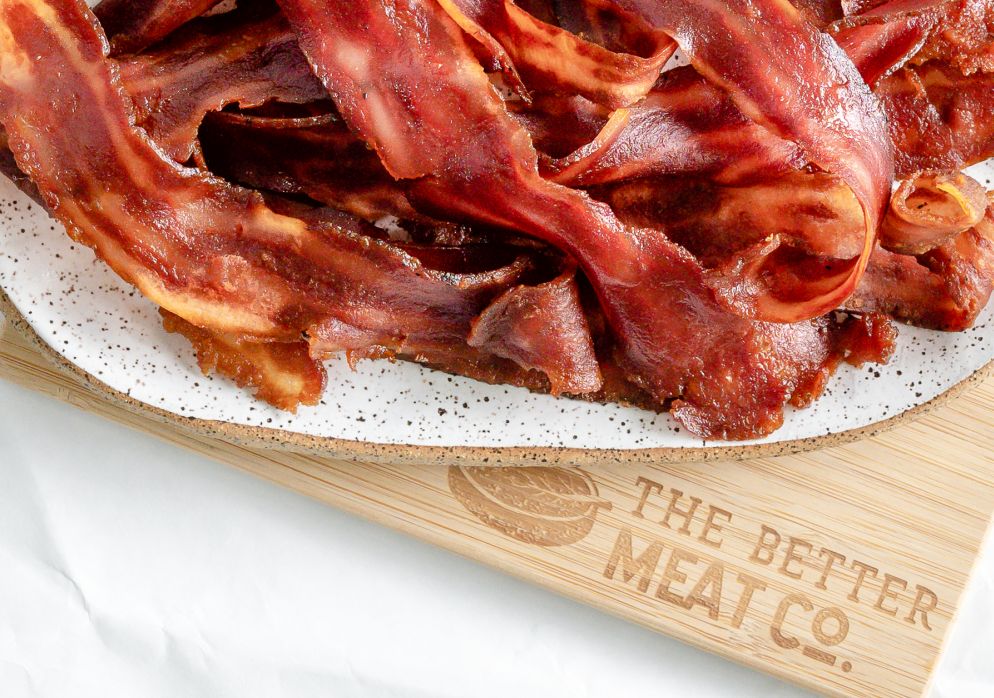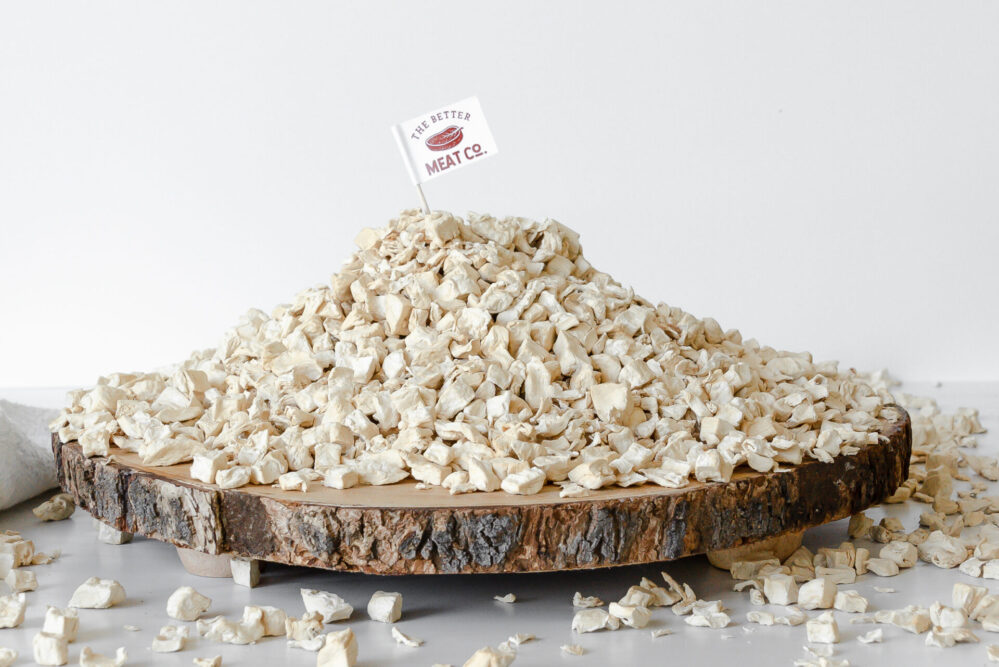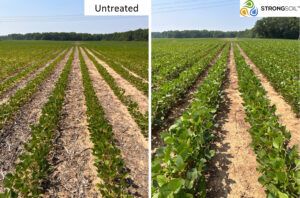The Better Meat Co (BMC) has received a ‘no questions’ letter from the US Food and Drug Administration (FDA) in response to its determination that its ‘Rhiza’ mycoprotein is GRAS (Generally Recognized as Safe).
The FDA letter is the first to cover a meat-replacing mycoprotein strain (Neurospora crassa Bstr 26) outside of the Fusarium genus (previous recipients of such letters—Quorn and ENOUGH Foods—both use Fusarium Venenatum strains). It is also the first to include a US Department of Agriculture (USDA) evaluation of mycoprotein as a meat enhancer, claims BMC cofounder and CEO Paul Shapiro.
“Meats enhanced with Rhiza mycoprotein not only have dramatically superior yields after cooking, along with improved texture, but they also have substantially less saturated fat, cholesterol, and calories, while boasting more fiber and potassium.”
A protein-packed whole food ingredient made from filamentous fungi, Rhiza mycoprotein has a protein digestibility (PDCAAS) score of 0.87-0.96, which is close to animal proteins such as casein and egg. On a dry weight basis, it contains 40-50% protein and 30% fiber.
According to BMC’s GRAS notice (GRN 1117), Rhiza mycoprotein is safe to consume in dairy analogs, meat analogs, and as a meat enhancer, has no capacity for producing mycotoxins, and is not associated with any common food allergens.

New capital needed for large-scale production
BMC currently supplies NorCal restaurants with Rhiza-based steaks, carne asada, and foie gras from its plant in Sacramento, and “has numerous paid collaborations with our joint development partnerships” and “multiple signed letters of intent and offtake agreements,” claims Shapiro.
However, it is “unable to commercially supply major CPG brands until we scale up,” acknowledges Shapiro, who has raised $27 million to date but needs a further influx of capital to manufacture Rhiza at meaningful scale.
Biomass fermentation
The Better Meat Co is one of a flurry of players in the so-called ‘biomass fermentation’ space, whereby microbes grown in sugary water in large steel bioreactors are the end product, in contrast to precision fermentation, where microbes are used as tiny factories that produce high-value ingredients such as enzymes.
Other companies growing fungi via biomass fermentation include industry pioneer Quorn; ENOUGH Foods in the Netherlands; Enifer in Finland; Infinite Roots and Nosh.bio in Germany; Nature’s Fynd and Meati Foods in the US; MycoTechnology in Oman; MycoSure in South Africa; and Maia Farms in Canada. These are complemented by players such as MyForest and Mush Foods, which are growing fungi via solid-state fermentation on trays without bioreactors.
Some of the above are focused on meat alternatives, while others are spreading their bets by targeting a broader range of application areas from cheese, yogurts and baked goods to pet food.
Further reading:
The Better Meat Co slashes cost of mycoprotein production via continuous process















